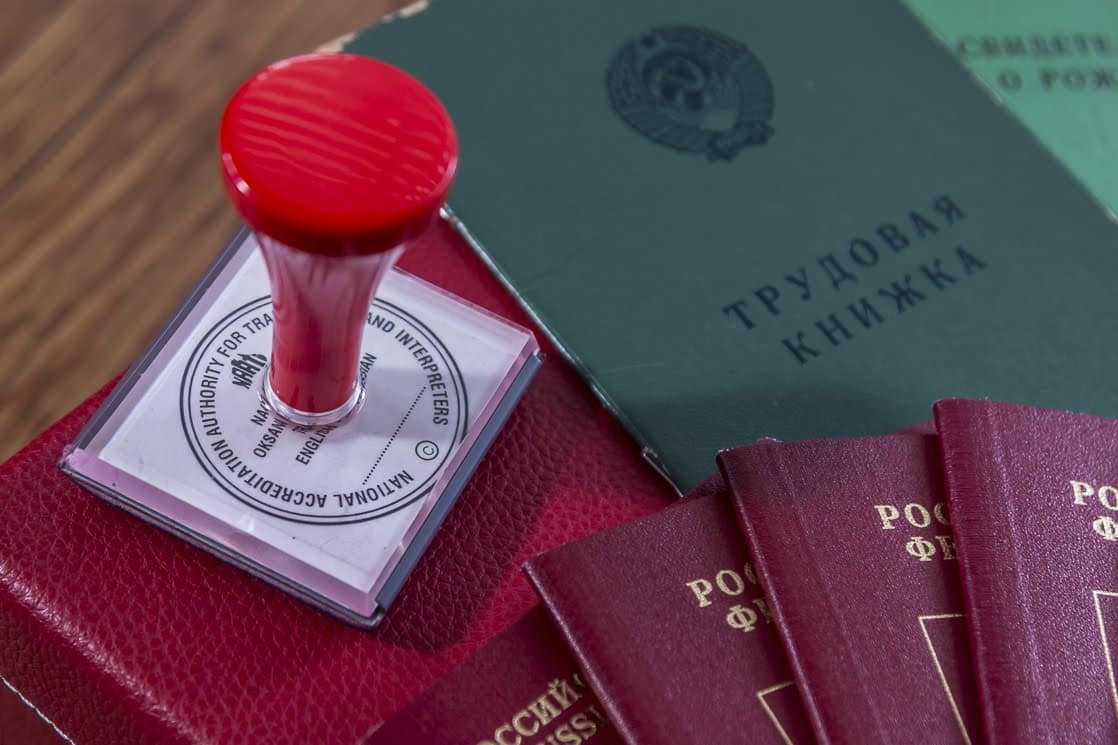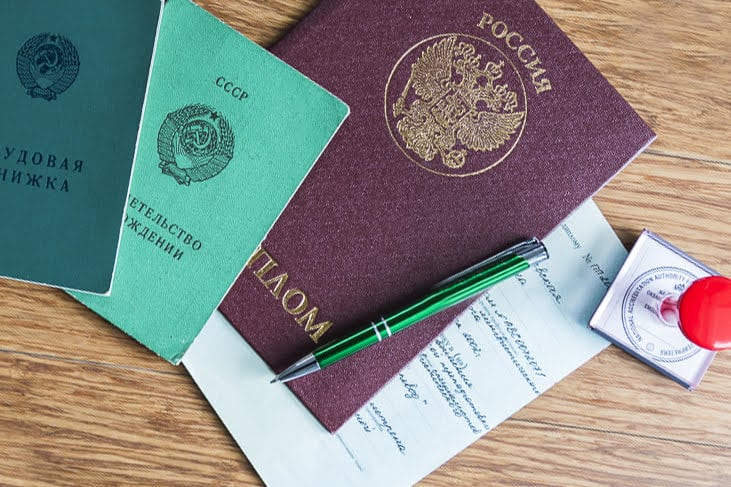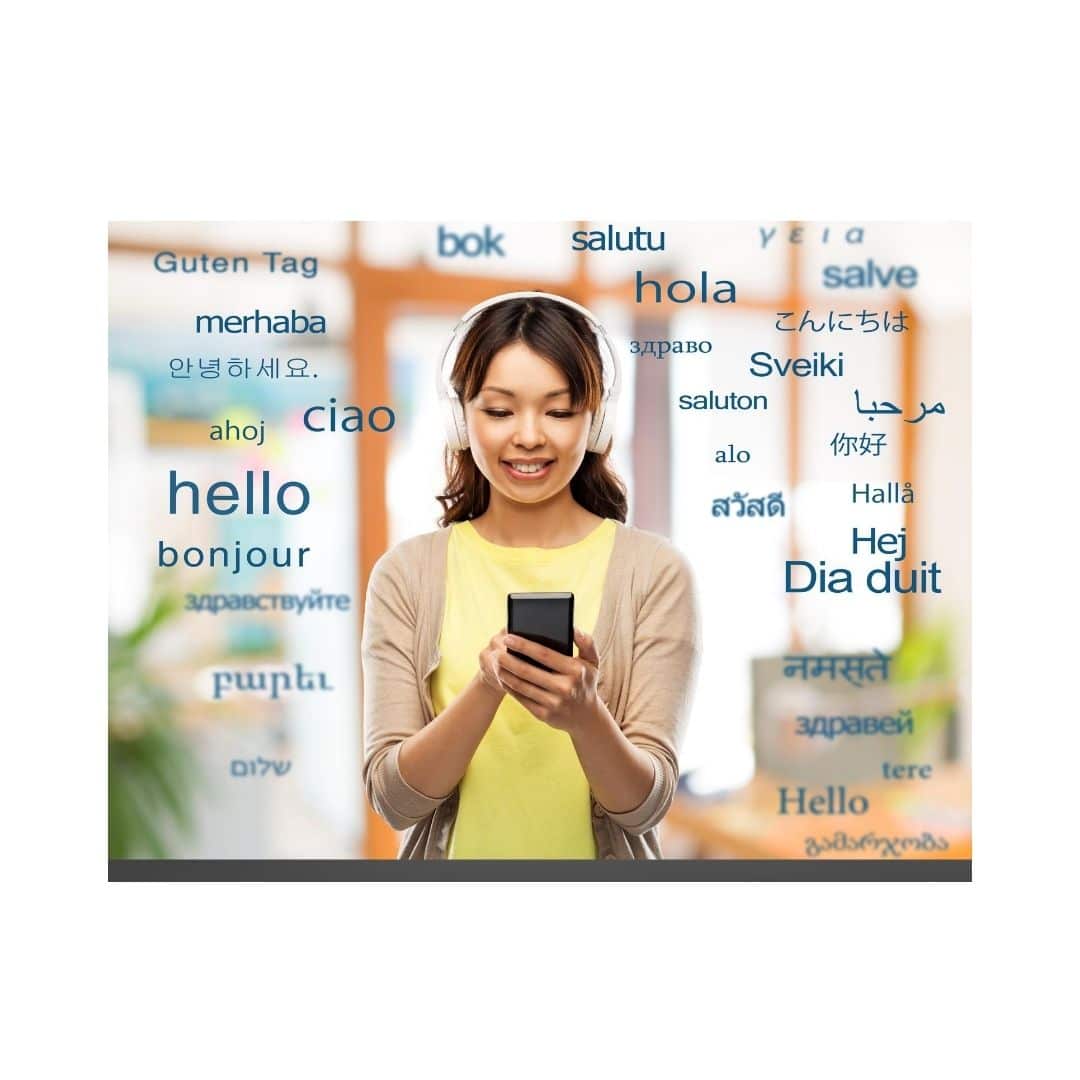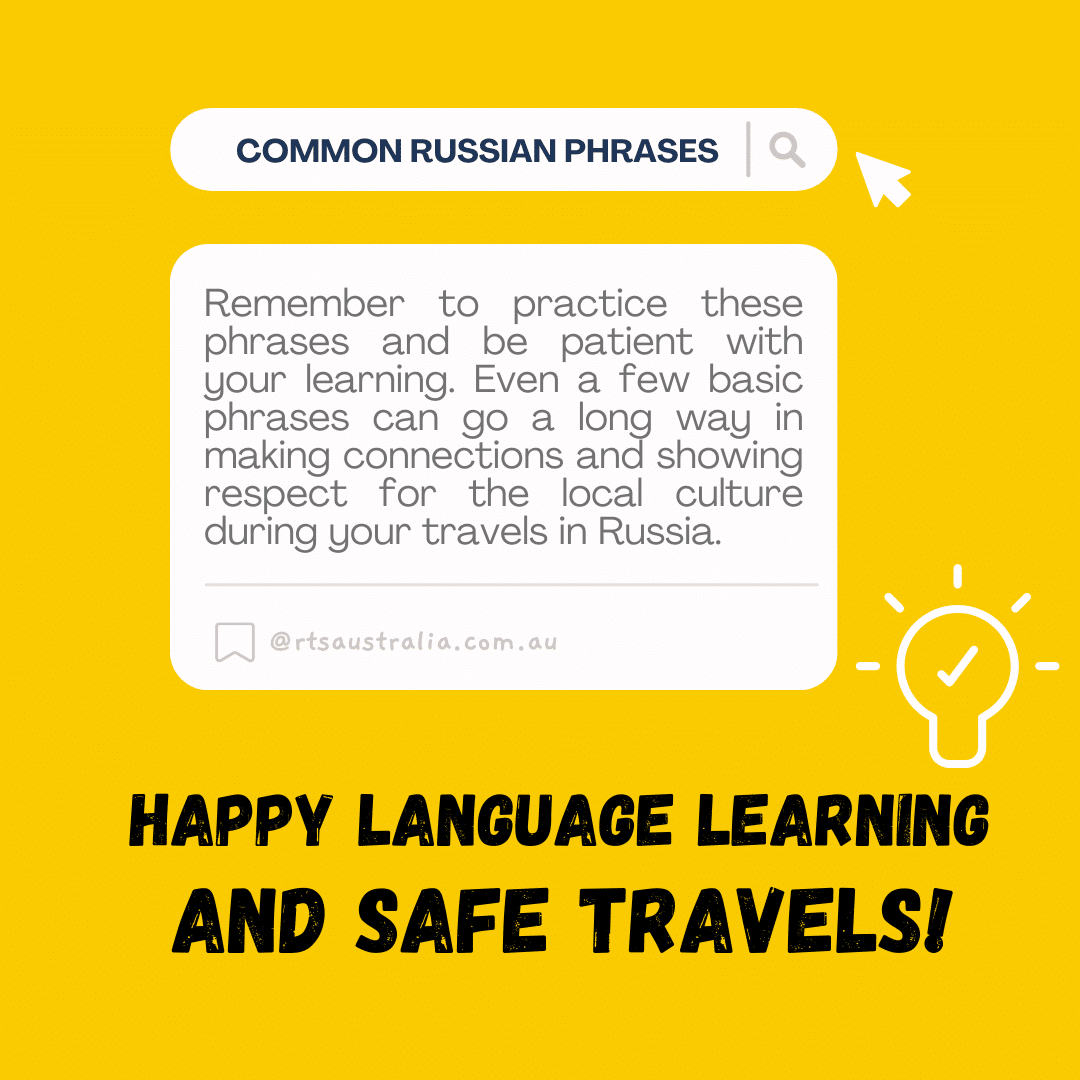Technology has indeed transformed almost every aspect of our lives, and the field of translation is no exception. The rise of Artificial Intelligence (AI) has sparked intriguing discussions about its potential to replace human translators.
Will AI replace human translators?
AI-driven technologies, such as machine translation and natural language processing, have made tremendous progress in recent years. Innovations have given rise to potent translation algorithms that offer instantaneous language conversion. These advancements have unquestionably revolutionized the efficiency and speed of translations, making global communication more accessible.
Despite these monumental leaps taken by AI, human translators remain to be the cornerstone of accurate and nuanced translations.
Language is intricate, often layered with cultural subtexts, idiomatic expressions, and specialized jargon. Human translators possess the invaluable ability to decipher these subtleties, ensuring the true essence and emotions of the original text or message are preserved.
Translators excel in tasks that require creativity, such as translating literature, marketing and sales materials, and legal documents. They hold the power to adapt content, maintain cultural sensitivity, and ensure authenticity for diverse audiences.
Documents translated by certified translators even possess certifications that make these documents up to certain country and legal standards.
The future of translation presents a harmonious collaboration between AI and human translators. AI can certainly expedite the initial translation process, saving time and resources. However, these preliminary translations can then be fine-tuned and perfected by human experts, guaranteeing in-depth accuracy and excellence.
For instance, AI-driven tools prove exceptionally advantageous when dealing with simple content that demands a quick turnaround, such as user reviews, social media posts, website texts, or personal messages.
Meanwhile, human translators can focus on high-value translations that demand finesse, cultural dexterity, a profound understanding of context, and standardized translations.
The art of localizing content also demands an intimate familiarity with local culture, idioms, and colloquialisms. This is where human translators truly shine.
For authentic and effective translations, a human touch ensures the incorporation of nuances that deeply resonate with the target audience, fostering genuine connections.
In scenarios involving real-time communication, such as business negotiations or international conferences, the expertise of a skilled interpreter and translator is indispensable. Human interpreters adeptly convey tone, emotion, and intent, aspects that AI struggles to replicate. Their presence is pivotal in facilitating meaningful interactions between individuals conversing in different languages.
Empowering Your Translation Needs with RTS Australia
Amid the dynamic landscape of AI and technology, the significance of human translators remains unwavering.
While AI elevates efficiency and accessibility, language’s intricacies and cultural nuances underscore the indispensability of human expertise. The answer to the question of AI replacing human translators is crystal clear: it’s a synergy, not a competition.
When seeking top-tier translation services, particularly for the Russian language to English or document translations of Russian to English with certification for Australia and vice versa, we highly recommend you check out RTS Australia, your dedicated partner in seamless, authentic, and certified translation.











